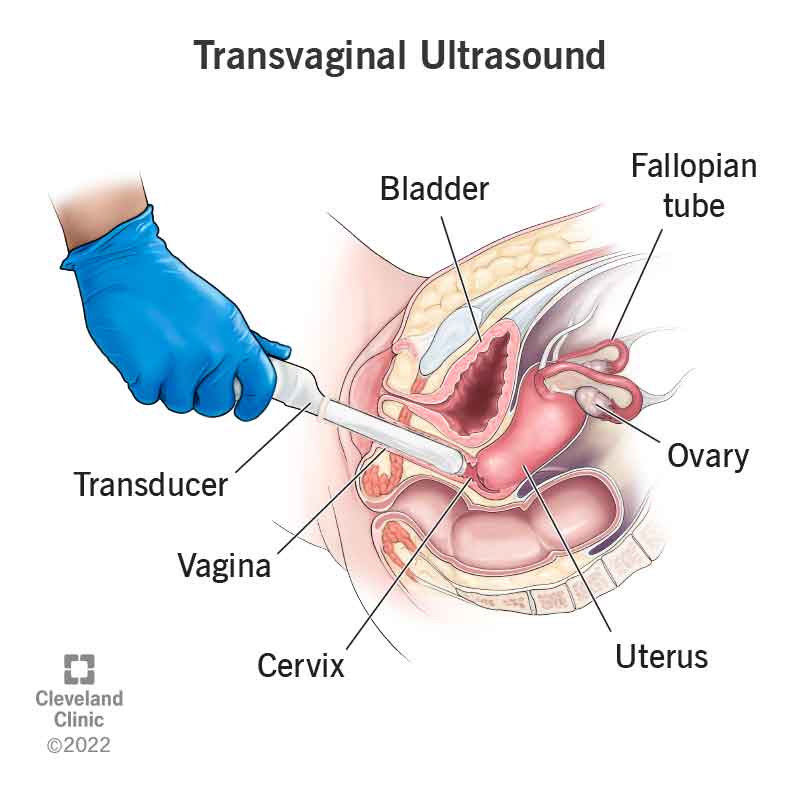The future of full-body scans
Arguably the biggest problem in the MRI room is that scans like Prenuvo's and Ezra's are currently limited to people who can afford to get one. They also aren't supported by health insurance companies, though there's hope that may change in the future. Prenuvo costs $2,500 up front for a full-body scan, or
$1,000 for its cheapest torso-only scan. Ezra's
AI scan costs $1,350, with the more extensive full-body "plus" scan costing $2,350.
When asked about the price barrier, Lacy pointed to the fact that the
US spends billions of dollars in cancer medical treatments and that, theoretically, scanning all US adults every few years or so with a preventive scan would result in a comparable cost.
There's also the fact that traditional, doctor-ordered MRIs, CT scans X-rays and even ultrasounds aren't necessarily less expensive out-of-pocket, and most people's insurance will cover a big chunk of it only if the doctor deems it necessary. Ultrasounds, which use sound waves to get pictures inside the body, are often on the cheaper end of diagnostic imaging and may run a patient
a few hundred up to a couple thousand out-of-pocket when done through a hospital. MRIs are generally the most expensive scan: out of pocket, they may run you
up to $4,000through a hospital.
But even if someone without health insurance would be able to get a full-body MRI through Prenuvo for the same price as one through a hospital system, we're still back at square one of interpreting the the results. The fact that the scans are currently limited based on socioeconomic status -- which has a huge impact on health outcomes -- limits the usefulness of the data coming out of the scans, even if they're building to something that will be helpful at a population level, according to Jordan.
"For companies that are in a position to roll this out at a large scale, they're actually in a position to try to build that evidence base and to do some of that research," Jordan said.
"One of the challenges is that if patients are coming in and paying for this out of pocket, that's not a great way to run a large scale research trial because your study population is self-selected for people who are willing and able to pay for it," he continued.
I was on the fence about doing a full-body scan because of my own fear that the scan would find something life-changing that I would be forced to deal with ahead of "nature's time" (whatever that means). Before I went to Prenuvo's office, I promised myself that if something minor turned up, I wouldn't freak out or go down a rabbit hole asking for additional tests, surfing Reddit for second-hand medical advice or anything else that could be considered financially or mentally compromising.
I ended up being very lucky and, as a 28-year-old woman who feels pretty good most days, the only finding that turned up on my scan was some mild degenerative changes in my spine, which is also sometimes called "
tech neck." This sounds scary but is probably from staring down at my phone and computer too much -- it's an increasingly common finding in younger people who grew up looking down at phones, per Prenuvo. The recommendation from Prenuvo and the subsequent phone call from a nurse practitioner to explain my results, was that it doesn't require immediate care from my doctor. But I am grateful I know about it so I can fix my posture, and it explains why I've been waking up with a stiff neck more often.
But getting a relative all-clear from a full-body scan begs another risk to doing it in the first place: the feeling that you can neglect all the other parts of health care that keep your body running well. One hook of both Ezra's and Prenuvo's scans is that they can order the scan that your doctor probably won't, which has the potential of detecting a life-threatening cancer at an earlier stage. But they shouldn't be used an an "all-clear" bill of good health, so I'm taking my results with a few grains of salt.
What pristine, clean and AI-powered body scans lack right now in standardization and access, they make up for in boldness. They're attempting to shift a health care system that, in many ways, is crushing under its own weight.
One of the critiques of Prenuvo's scan, for example, is that people flocking to preventive scans will take away health care hands, radiologist eyes and time from the people who truly
need the scan. But between the majority of Americans already feeling
unhappy with their health care system as-is, pandemic-era shortages of what seemed like every important drug on the market, and preventive care becoming more personalized by a growing wave of health tracking devices and telemedicine, routine scans of your body before you get sick may nicely fit the new narrative of what it means to be healthy.
Correction, July 12: An earlier version of this story misstated David Jordan's affiliation with the American Association of Physicists in Medicine. He's the past chair of the organization's MRI subcommittee.
Editors' note: CNET is using an AI engine to help create some stories. For more, see this post.
